Affiliate links on Android Authority may earn us a commission. Learn more.
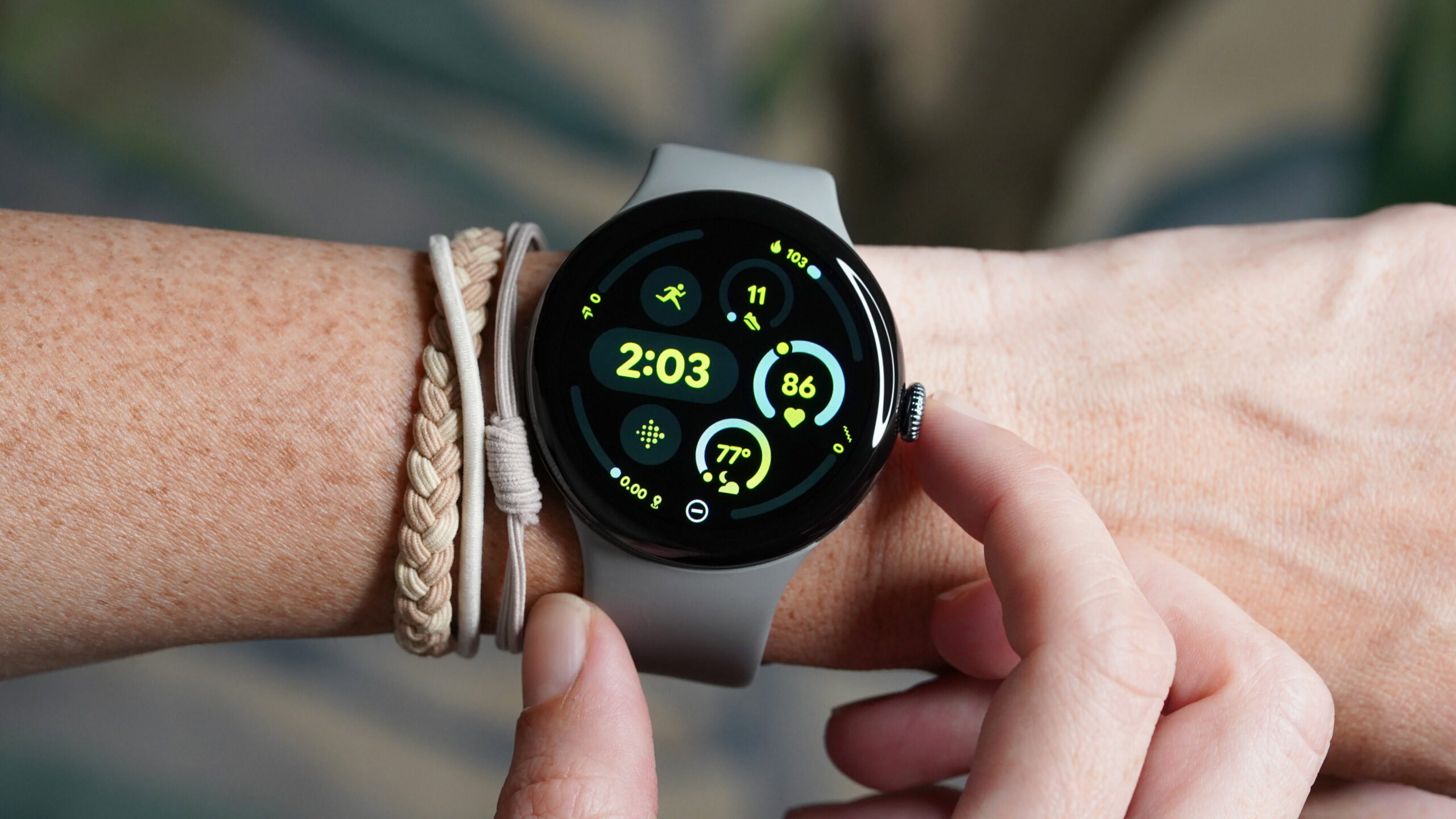
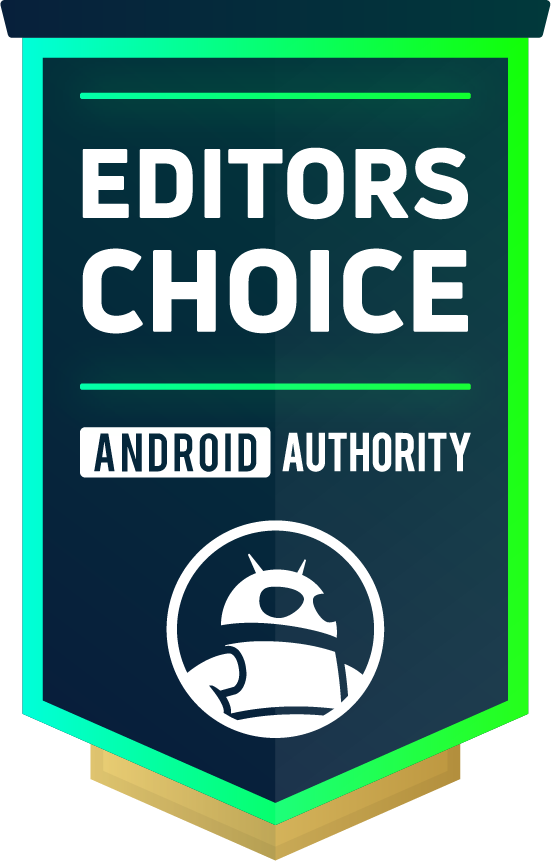
The Google Pixel Watch 3 finally won me over: This is the best Wear OS watch you can buy
Published onSeptember 9, 2024

Google Pixel Watch 3
MSRP: $349.00
What we like
What we don't like

Google Pixel Watch 3
Three appears to be the magic number for Google’s smartwatches. After weeks of testing, I’d say the third-generation Pixel Watch officially lands the lineup squarely alongside wearables powerhouses like Apple and Samsung.
For a full picture, up till this point, I’ve been only marginally impressed with the lineup. I was encouraged by the improvements made from the original to the Pixel Watch 2, but was not yet willing to give Google my stamp of approval. The Pixel Watch 3, however, feels like a truly well-rounded device and a near-perfect launch for the search giant. All smartwatches have their shortcomings, and Google’s latest is no exception, but from the moment I strapped on the new model, I’ve been quite pleased — let’s talk about why.
Google had me at ’45mm’
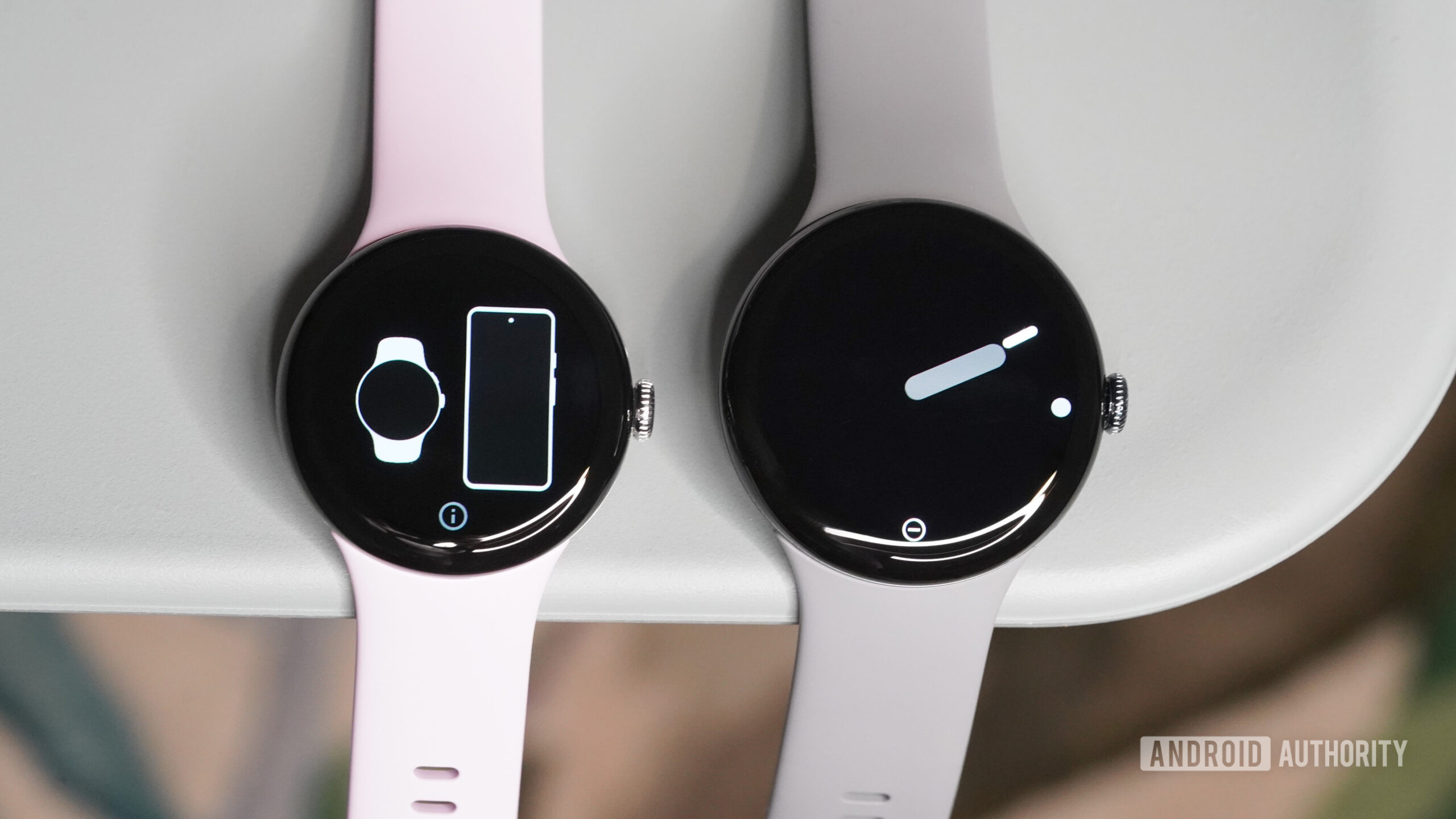
It’s worth getting the obvious out of the way, but that doesn’t make it any less exciting. For the first time, the Pixel Watch 3 is available in two size options: the same 41mm build we’ve seen before and a new 45mm bonus model (with Wi-Fi or LTE variants for both). This aligns with industry trends, which have shown companies bringing bigger devices to users’ wrists each year (culminating in even more oversized Ultra lineups, too). The dual-pronged Pixel Watch 3 mimics Apple’s and Samsung’s practice of offering two sizes of their flagship devices each launch cycle.
The 41mm and 45mm models feature otherwise identical design cues, including perfectly round watch cases, domed displays, and integrated band mechanisms, all of which contribute to the minimalist look that has defined the Pixel Watch since the very first generation. I’ve been testing both sizes and while I am happy to see Google retain this unique aesthetic regardless of the size, I absolutely love the larger build of the 45mm option (though I’d be happy to see it go even bigger — Pixel Watch Ultra, anyone?). The larger Pixel Watch finally feels more comparable to the devices I am used to wearing rather than somewhat miniature. Despite my smaller wrists, the 41mm often felt dainty and limited, especially for viewing data-packed screens and menus. Fortunately, Google also listened to users’ pleas for shrunken bezels, effectively offering more display space no matter which model you choose.
The Google Pixel Watch 3 introduces a second, larger case size that immediately elevates the lineup, and thanks to shrunken bezels, even the 41mm model offers more usable display space.
On the 41mm model, the result is 10% more usable screen space. On the 45mm model, users can strap into 40% more real estate. Though I completed the majority of my testing with the larger model, the difference is noticeable on both. There’s simply more room for icons, data, and text, especially on the 45mm model. The devices also swap AMOLED displays for AMOLED-LTPO, enabling dynamic refresh rates from 60hz to 1hz, max brightness twice that of last year’s model, and minimum brightness of 1 nit. In other words, the displays are genuinely eye-catching. I was able to review on-screen stats easily from a sunny pool deck equally as effectively as I could check overnight notifications in my darkened bedroom without blasting myself in the face with a bright screen.
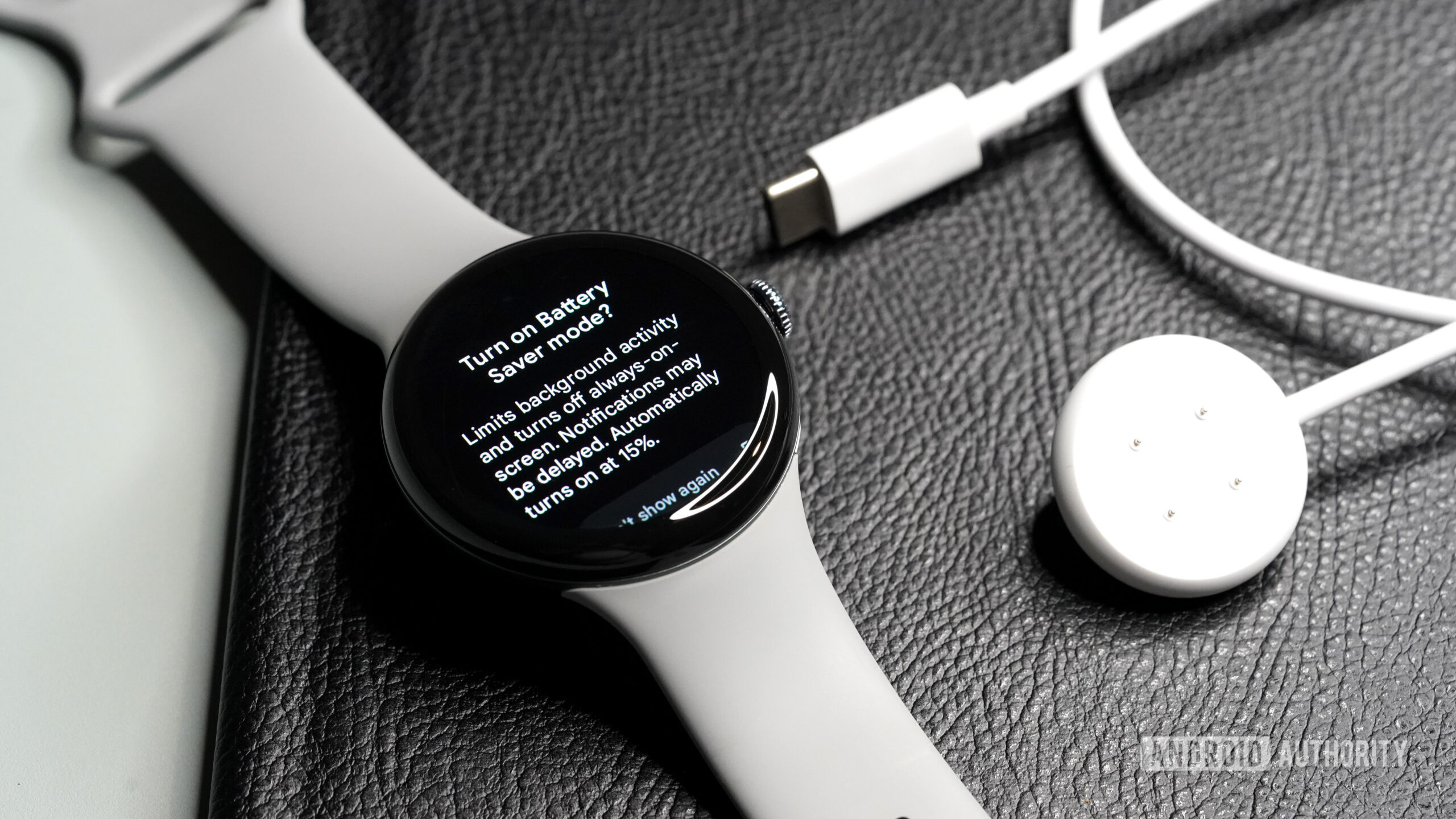
Even if you aren’t one to swoon for screen specs, the benefits of a larger build and better display go beyond the obvious. Thanks to their AMOLED-LTPO displays, each of the watches offers better battery life than any other Pixel Watch to date. The 45mm model also packs a physically larger battery cell. When you factor in the impressive efficiency improvements delivered via Wear OS 5, Google finally has a true multi-day device on its hands. The company’s official claim is that each model offers up to 36 hours of battery life, equipping automatic Battery Saver mode in the final stretch once the devices hit 15%.
Throughout my tests, the 45mm device easily hit this mark, even with heavy app usage, GPS workouts, and constant tinkering. Most often, I charged my watch after evening workouts while showering. I’d then head to bed with 100% battery life and not need to charge the device until two mornings later. This jump from a stressful 24-hour shelf life to multi-day reliability is such a significant modification to the user experience that, in my mind, it significantly elevates the line among the competition.
Both Pixel Watch 3 models offer up to 36 hours of battery life thanks to efficiency improvements and automatic Battery Saver mode.
Significantly, automatic Battery Saver mode (including initiating and disabling the feature) finally streamlines battery usage in a way that’s truly effective. Additionally, Google introduced automatic bedtime mode to further help users minimize power drain. In short, the Pixel Watch 3 addresses one of the line’s largest historical shortcomings, finally inching the lineup toward the types of power-efficient experiences Fitbit loyalists used to enjoy. With the shuttering of the Versa and Sense lines, it’s encouraging to see Google moving the Pixel Watch line in this direction.
Google’s even smarter smartwatch
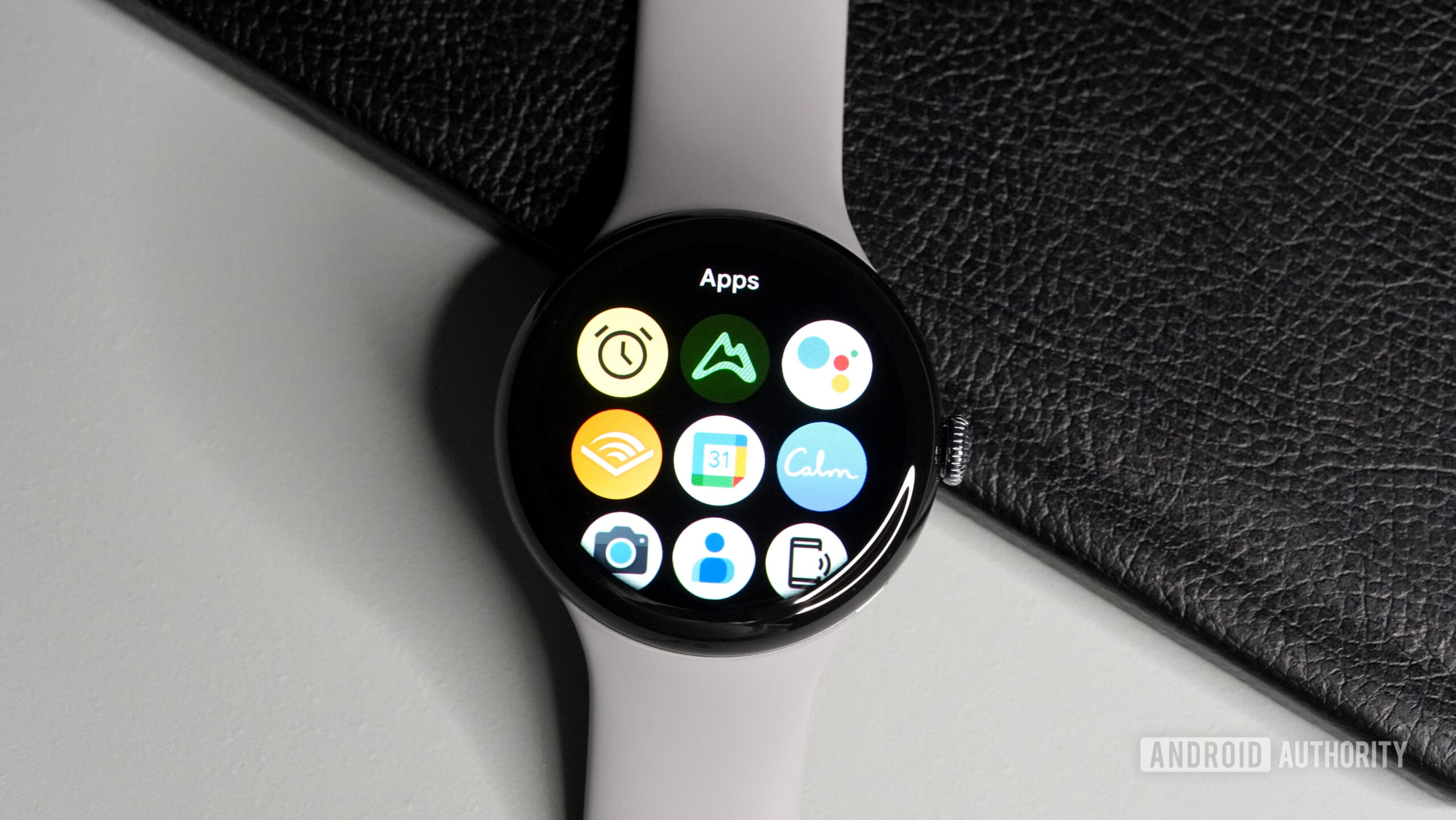
While hardware changes are often enough to warrant a new generation, Google didn’t stop at a second case size and better battery specs. Naturally, the line launched running the latest Wear OS, previously seen splashing around on Samsung-touting wrists. The software is in its pure form on the Pixel Watch 3, but the highlights are generally the same, including power efficiency, added metrics, and, for the first time on the Pixel Watch line, a grid-based app launcher. This is no minor improvement, as a list-based library is truly cumbersome and obnoxious if, like me, you pack an excessive number of apps onto your smartwatch. If you don’t, and you have an affinity for vertical, written lists (because you’re Santa Clause, for example), you can always stick to the older format.
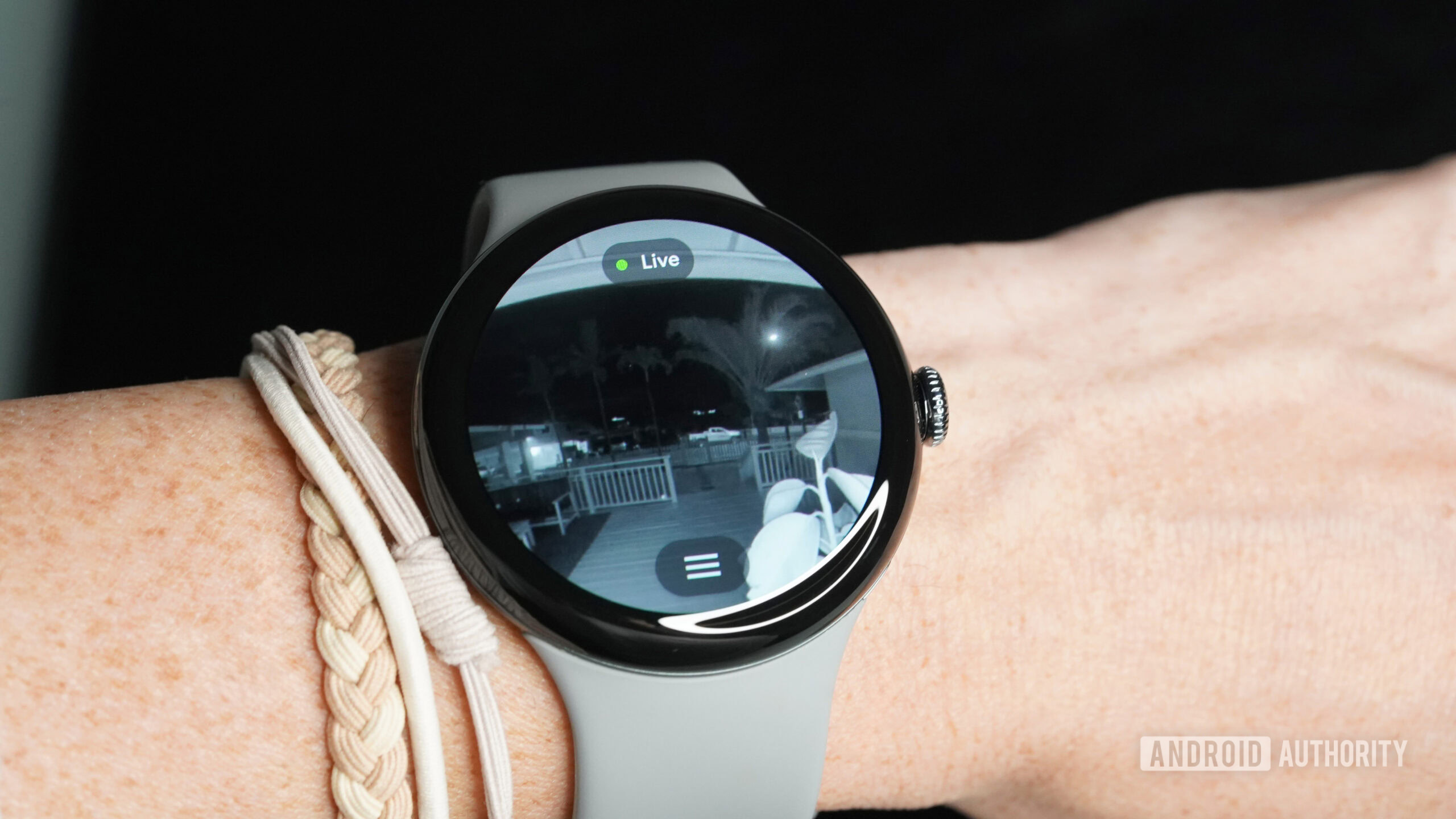
Meanwhile, Google also revamped a number of app experiences, including adding the offline Google Maps support we’ve been hankering for since the OG model. The device also boasts Google Nest Camera live view, including the ability to communicate over the Nest microphone in case you want to talk to your postal worker or encourage your deck plants to survive without water until you get home. You can also use the watch as a Google TV remote, a blessing to all who consistently lose their standard remotes to the bottomless abyss of couch cushion cracks.
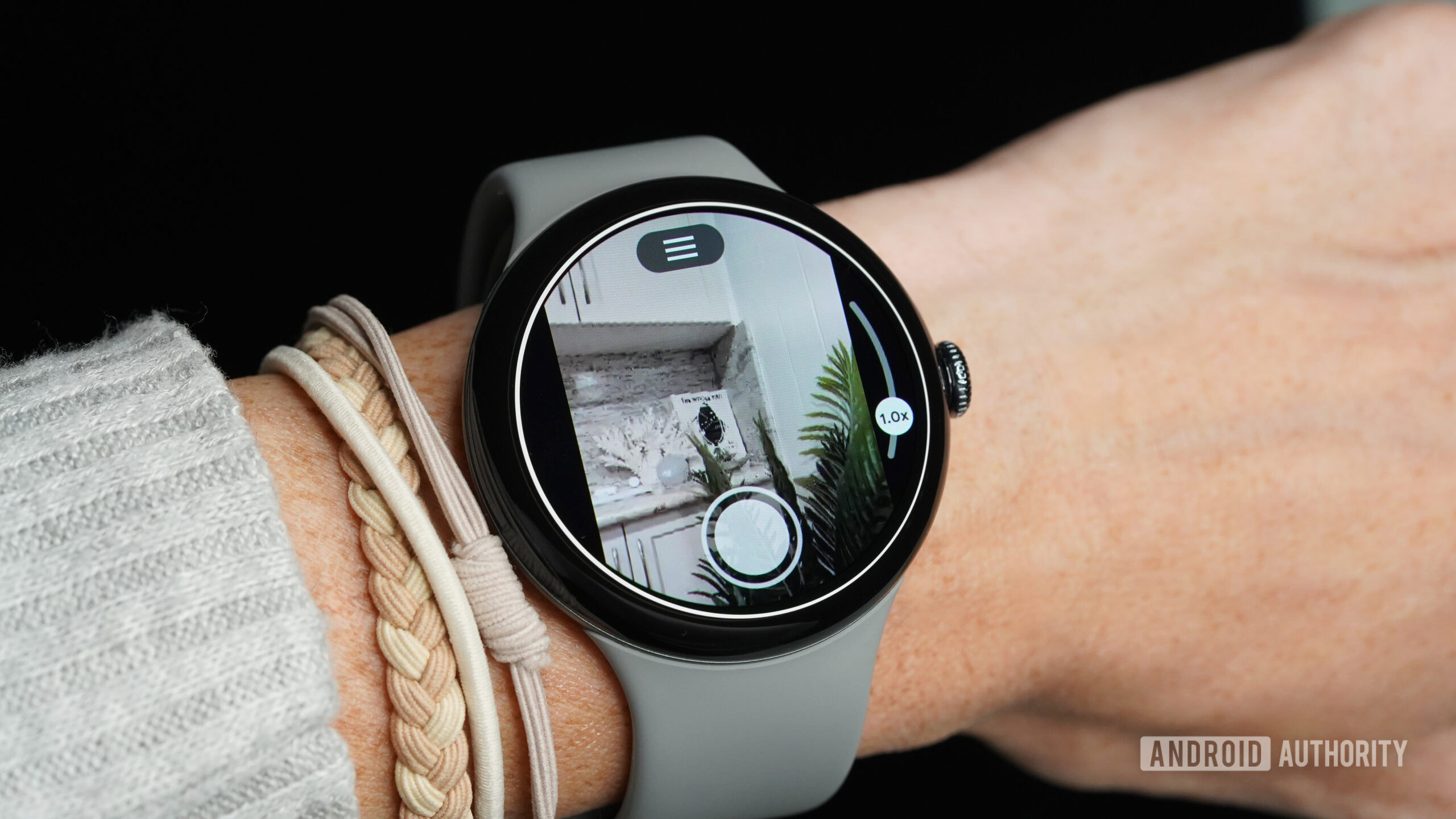
Finally, the Pixel Watch line exists within an established ecosystem, and like Samsung’s Galaxy Watches do for Galaxy phone users, the watches offer perks to Pixel phone users. Both Pixel Watch 3 models boast ultra-wideband (UWB) support for features like remote phone unlock and car unlock, a feature I was only able to test on my Pixel 9 but found highly effective. The watches can also be used to control the camera on your Pixel phone or to initiate Find My Phone from the wrist. This year, Google added the ability to hold calls from the Pixel Watch in case you get a call but need to escape a crowded room or want to pull out your phone before picking up. The watches also now feature the same Recorder app found on Pixel phones, which can be useful for taking interviews, verbalizing a mental note, or recording your husband agreeing to Thai food so that hours later, he can’t rescind.
Pixel phone users can access some additional features, but unlike on Samsung watches, no core wellness tools are kept exclusive.
Notably, the perks for Pixel phone users feel like just that, little perks. You won’t find any significant tools locked to the brand or any health features walled off from other Android phone users. This is very different from Samsung’s practice of keeping headlining wellness tools exclusive to Samsung phone users. I throw this shade in hopes that Samsung changes its ways.
A better wellness companion
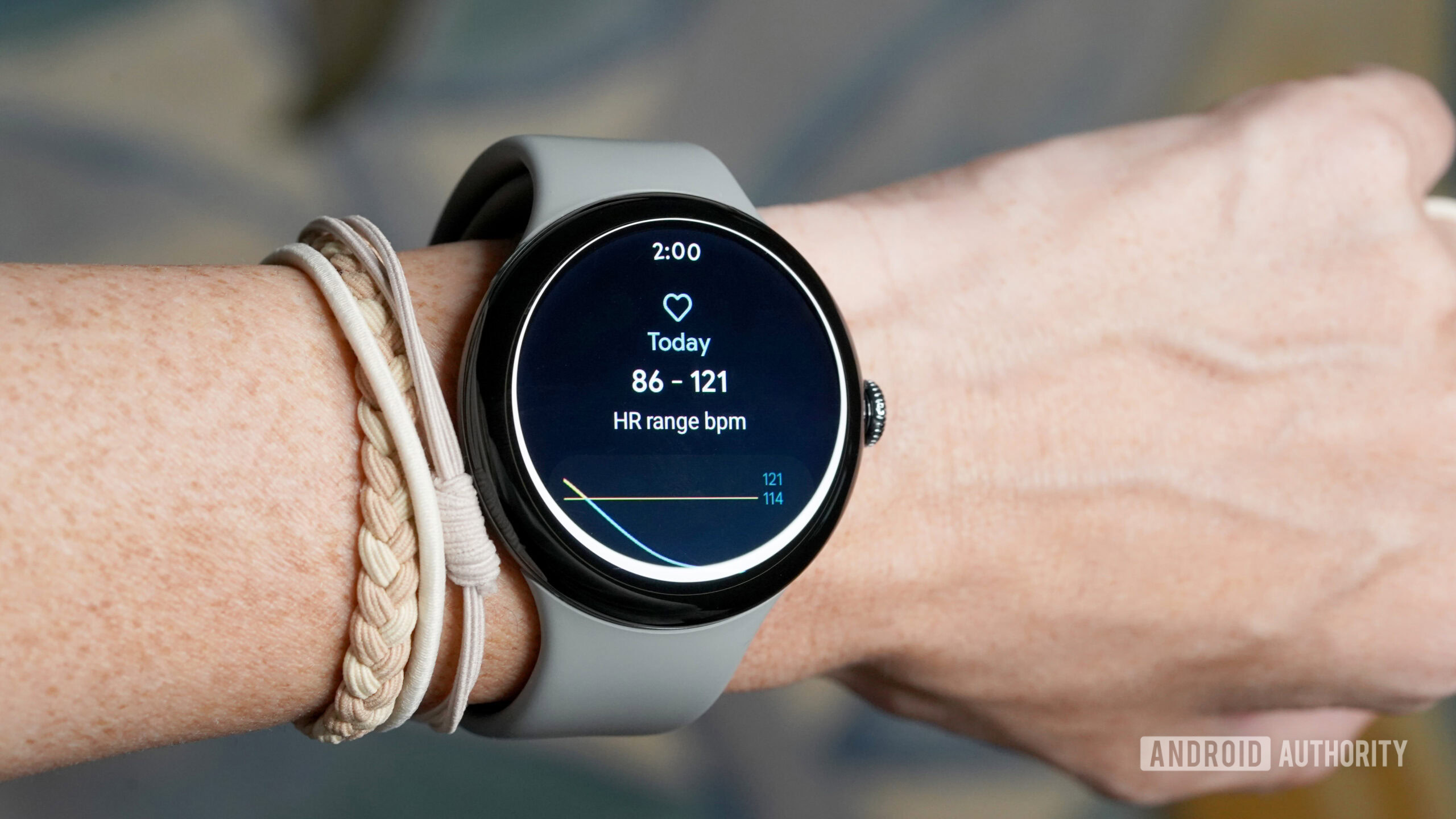
On the subject of wellness, Google also managed to launch a widely refreshed Pixel Watch experience for athletes, adding valuable new metrics, integrating music controls into workout screens, and establishing a new dedicated focus for runners. Even the Fitbit app boasts a new running-focused dashboard that springboards the platform from a casual activity-tracking app to an in-depth metric depository and analyzer. Before diving into those details, though, the most impressive upgrade to the line is the frankly staggering heart rate accuracy.
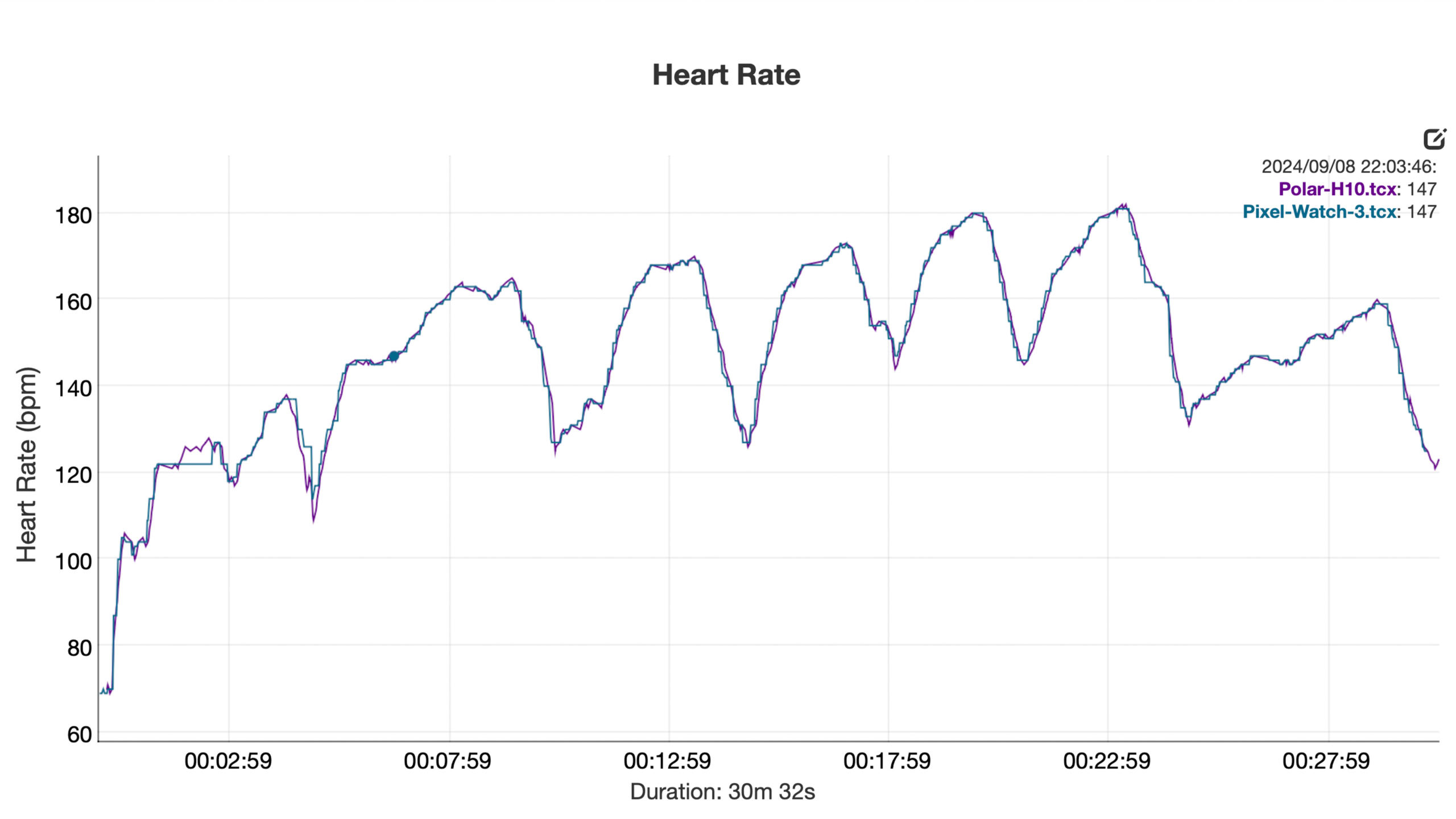
According to Google, the Pixel Watch 3 boasts improved heart rate accuracy thanks to updated algorithms. According to our data, the company isn’t joking. I recorded multiple workout types on my Pixel Watch 3 while also recording my heart rate via the highly accurate Polar H10 chest strap. Though wrist-based fitness trackers are more convenient to wear, heart rate monitors with chest straps are consistently more reliable and often utilized by serious athletes for pinpoint accuracy. Yet, across the board, Google’s latest smartwatch kept up with my chest strap virtually flawlessly. After runs, rides, walks, and rows, each of my graphs looked similar to that shown above, with two sets of data showing very close results.
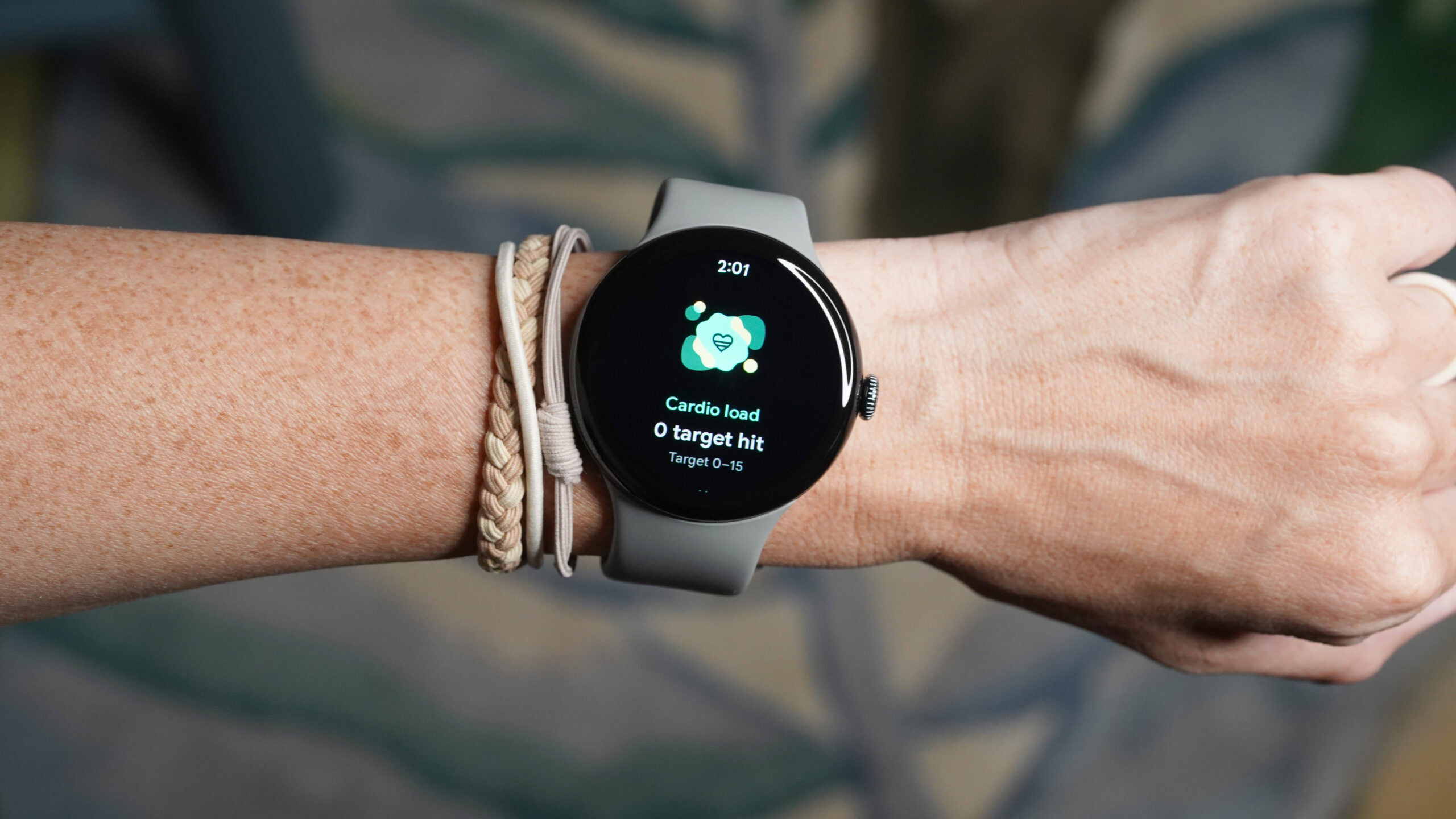
It’s also always exciting to see a brand add more tools to users’ wrists. To that end, Google introduced two new training-related features: Cardio Load and Target Load. These are in addition to an improved Readiness (previously Daily Readiness Score), which now offers more holistic guidance based on HRV and sleep rather than activity. Cardio Load, meanwhile, tracks your exertion based on heart rate during workouts and day-to-day activity. Target Load identifies what your body is ready to take on each day. It can be adjusted based on whether you are trying to improve your fitness or maintain the status quo, another indicator that Google aims to help users achieve balanced wellness, not just push performance metrics. What’s more, the company strikes a solid balance between simplicity and actionable insights. The new tools aren’t too watered down to be useful, but also aren’t too complex to be digestible.
New metrics like Cardio Load and Target Load highlight a growing focus on holistic, personalized wellness tracking.
Speaking of digesting the information, the Pixel Watch 3 also features Morning Brief, a tool that will sound familiar to anyone who’s seen a Garmin Morning Report. Delivered within 30 minutes of when you wake, the onscreen feature relays key metrics like your sleep data (and I am happy to report that the watch remains a reliable sleep companion ), HRV, Readiness, and Target Load, as well as the upcoming weather. It’s a new tool with high potential, though I feel it needs some ironing out. Likely due to my inconsistent and erratic sleep schedule, I wasn’t always able to consistently find my brief. I also wanted to be able to do more from each data screen. I’d love to see more customization, like an option to add Google Calendar notifications.
Pixel Watch on the run
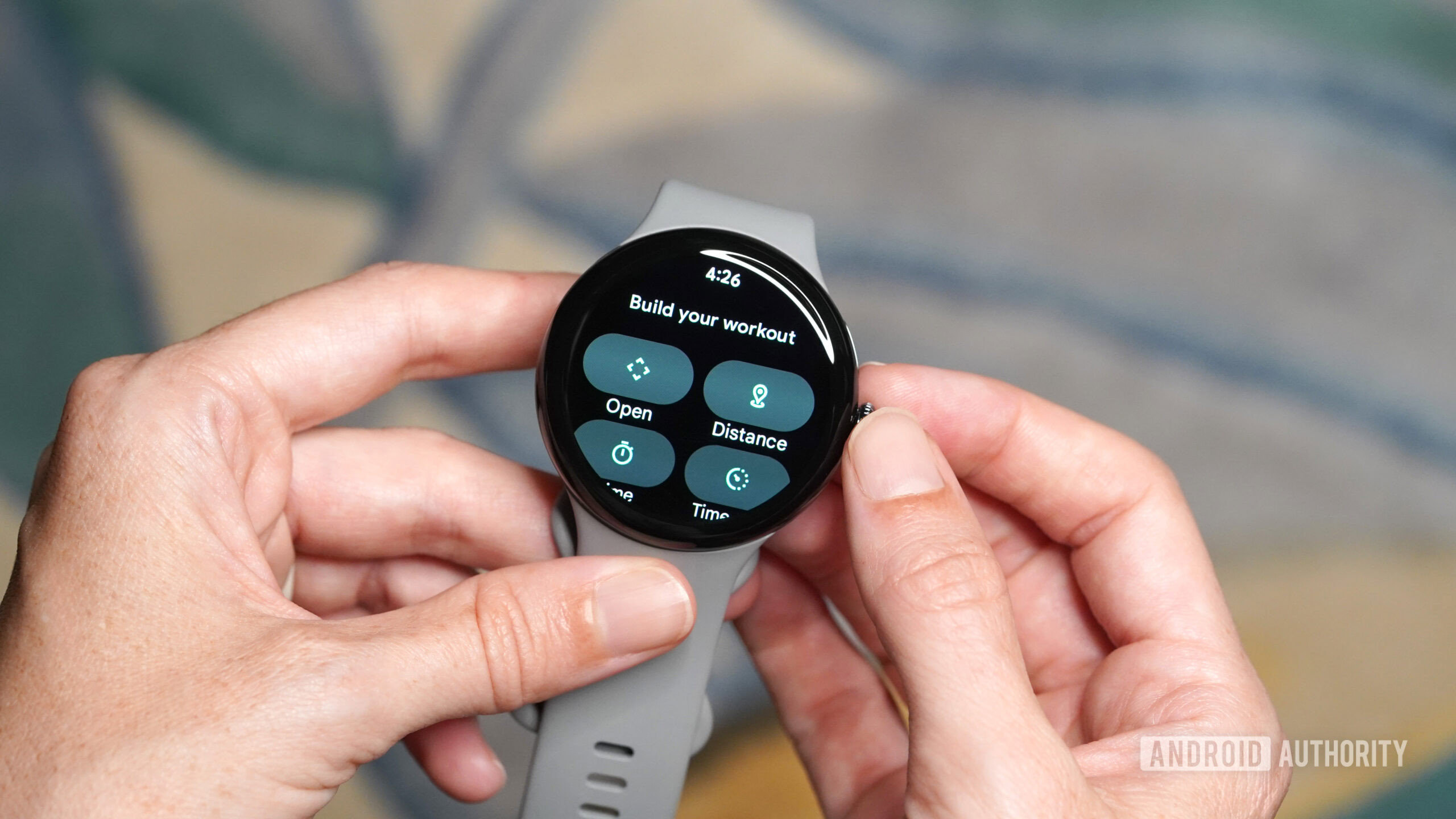
Digging deeper into the niche features for runners in particular, the Pixel Watch 3 also raises the bar for the series for those hitting the pavement (or slugging it out on the treadmill). First, users can now create structured workouts with custom targets, intervals, warm-ups, and cooldowns, making it easier to knock out more intentional workouts. The watch will even provide real-time guidance related to the goals set. Personally, I tend to disable these as I don’t like everyone at the gym hearing when I’m off target or being reminded of my pace when I want to pretend I’m much faster.
Thanks to Wear OS 5, users can also now access a slate of new advanced running metrics, including ground contact time, vertical oscillation, stride length, and cadence, and can also review helpful running form analysis that compares the metrics over time. Google by no means turned into Garmin overnight, but the move toward finer details for runners is an impressive one. This is nowhere more apparent than in the Fitbit app, where users will now find a dedicated Run dashboard for diving into stats and personal records. If you’re a regular runner, the ability to review weekly, monthly, quarterly, and yearly is especially useful. With Fitbit Premium, you can also access deeper insights and guidance, including AI-generated workouts and additional content.
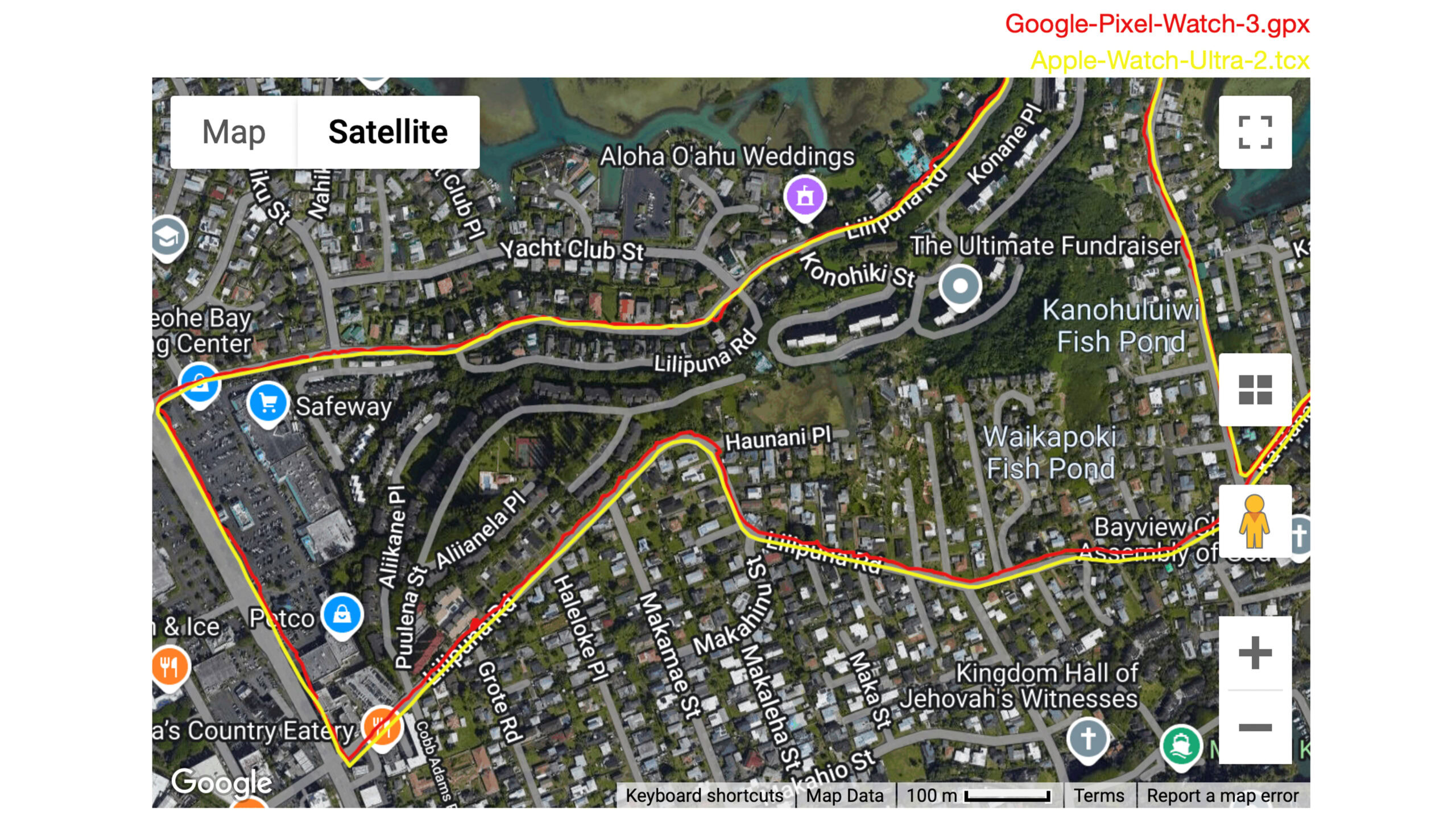
Unfortunately, despite all the new training tools and added features for runners, the Pixel Watch 3 didn’t deliver the GPS accuracy improvements I’d hoped to see. As shown on the map above, the watch recorded a similar route to my Apple Watch Ultra 2, but not quite as sharp. Instead, it often wobbles in and out of front yards and parking lots. Most of my walks and runs also reported inaccurate total distances compared to trusted devices.
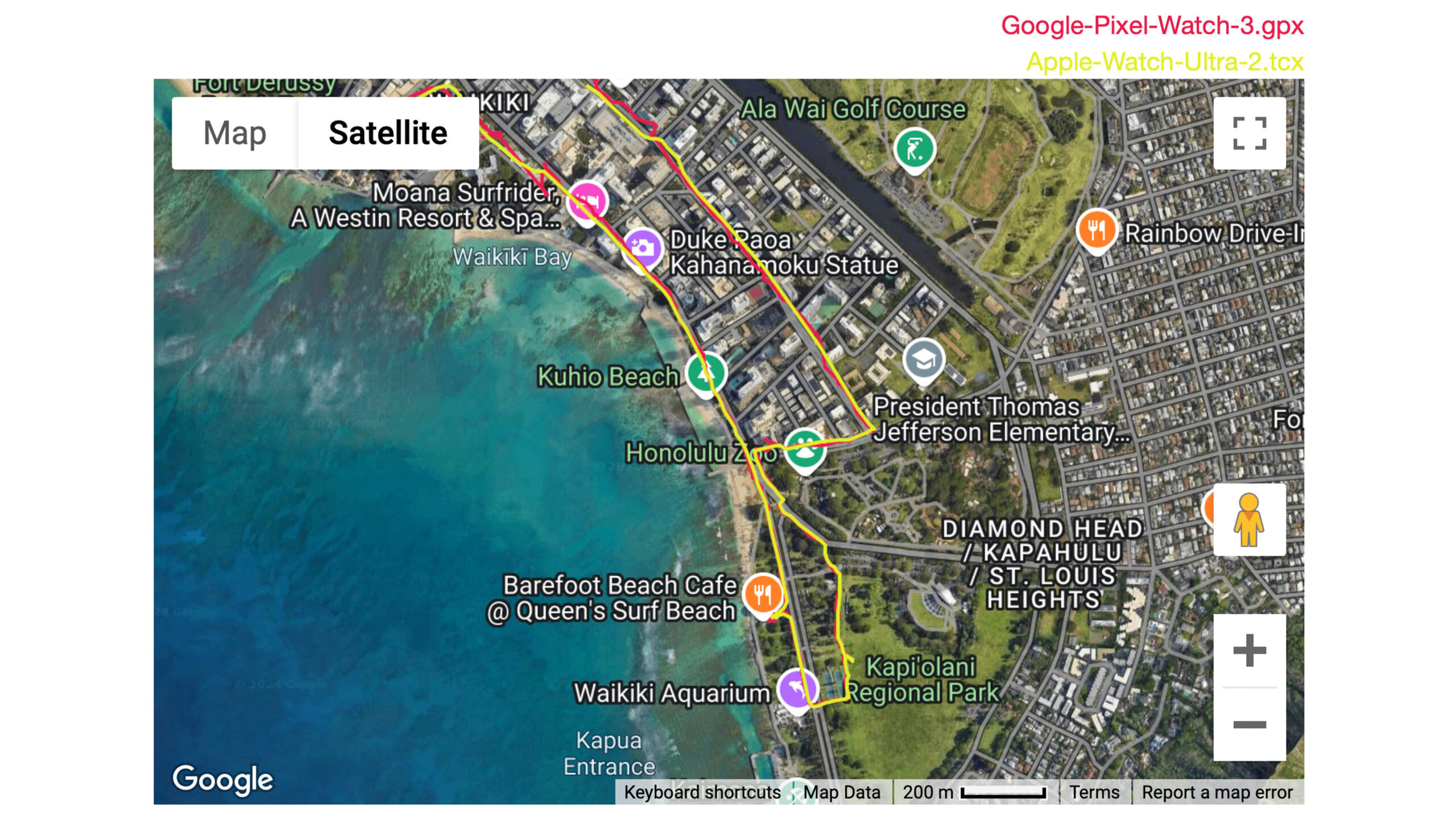
Things didn’t improve when I tested the device near tall buildings. It struggled quite a bit with so much interference, particularly toward the top of the map by the Moana Surfrider Resort and down by the Honolulu Zoo. Again, the watch also overrecorded the distance of this walk by about .3 miles, which is fine for casual runners but a significant inaccuracy for serious athletes. Granted, these GPS shortcomings aren’t a dealbreaker for most shoppers. However, they echo the same flukey GPS found in the previous generation, when I would have liked to see the Pixel Watch 3 pair its fantastic heart rate sensor with an equally impressive GPS. With that said, I was pleased with how quickly GPS locked on before each workout and was very impressed by the device’s auto workout detection.
Google Pixel Watch 3 review: The verdict
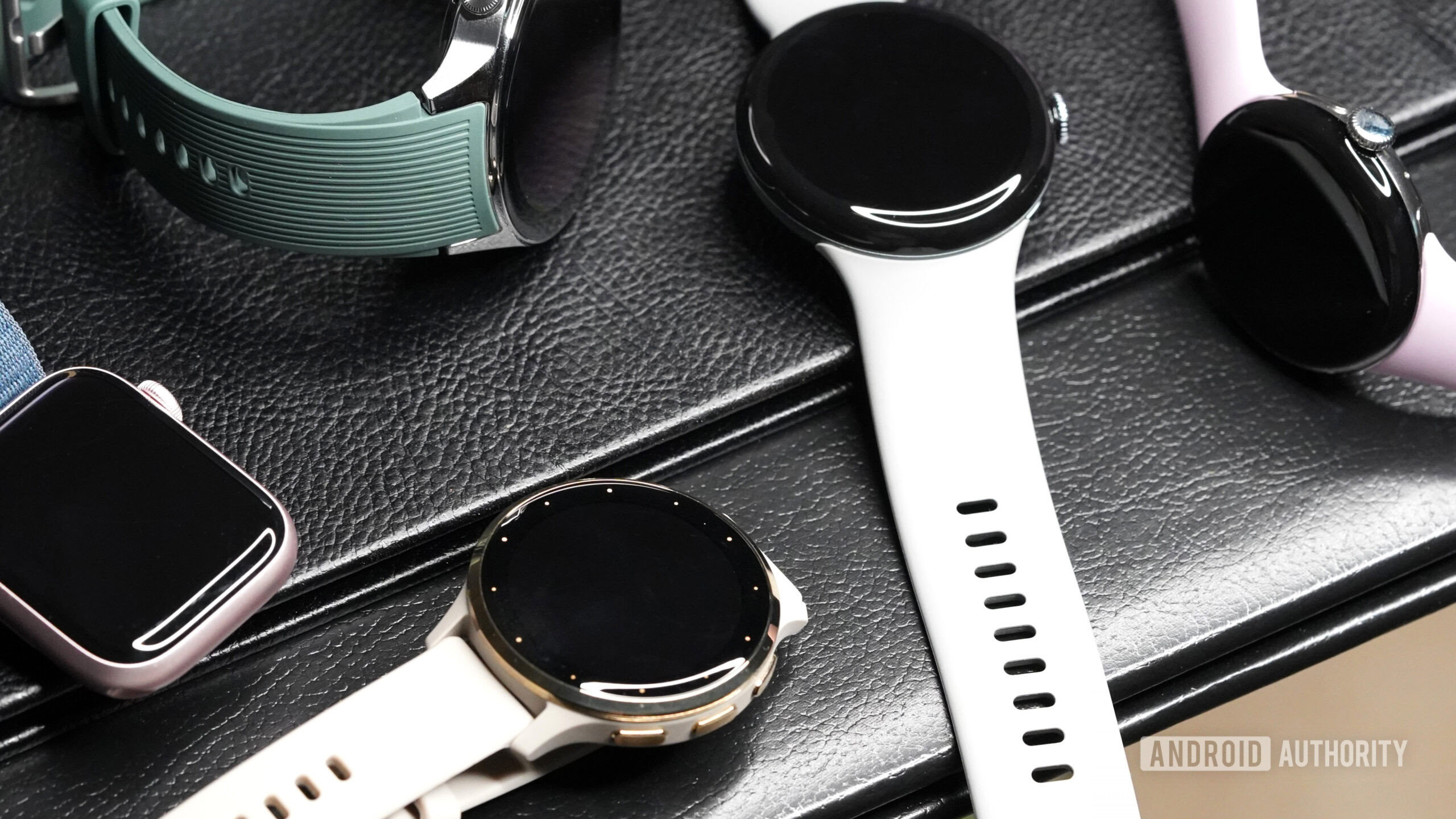
I’ve wanted to love the Google Pixel Watch since before the very first generation even hit shelves. An attractive wearable backed by one of the world’s largest tech companies, housing integration with my beloved Fitbit platform, boasting powerful sensors and adequate battery life? It all sounded too good to be true. And for two generations, it was. For its third generation, however, Google has delivered on more fronts than ever. The Pixel Watch 3 doesn’t just add a second case size to the checkout line; it also rounds out users’ tool kits with improved smart features, beefs up offerings for athletes, delivers reliable heart rate tracking, and, perhaps most significantly, it won’t prematurely die on your wrist on a regular basis. It packs in a few extras for Pixel phone users without punishing those with other Android phones, and it still boasts a one-of-a-kind aesthetic that’s not too sporty, especially if you spring for an alternative band material like metal or leather.
In other words, the Pixel Watch line has officially won me over — and it’s not just me either, my colleague C. Scott Brown also tested it and came away impressed. Check out his thoughts for a second opinion in the video at the top of this review.
The Pixel Watch 3 finally delivers the experience I was hoping for from Google all along.
If you already own the original Pixel Watch, I highly recommend upgrading to the newest model. If you own a Pixel Watch 2 and are looking to rock something larger, the 45mm Pixel Watch 3 may be worth the jump for you as well. Of course, if you’re specifically a Samsung phone user, the Galaxy Watch 7 ($299.99 at Amazon) is still a reasonable alternative at a notably lower price point, though the battery life isn’t as impressive and it has similar GPS accuracy issues. For even better battery life on a Wear OS watch, I was also impressed by the OnePlus Watch 2 ($247.99 at Amazon), though the device doesn’t pack Wear OS 5 and the health and fitness tracking was fairly inconsistent.
If you’re an iPhone user, the Pixel Watch isn’t even an option, so the obvious pick is the Apple Watch Series 9 ($392.67 at Amazon) or the upcoming Watch Series 10. Apple or Android owners who are serious about fitness stats should also consider Garmin’s excellent Venu 3 ($449.99 at Amazon). The device represents the company’s top smartwatch and delivers top-tier fitness tracking tools and sensors.
But, if you want a pure Wear OS experience with enough features to keep you busy and enough battery to keep you sane, the Pixel Watch 3 finally delivers what I’d been hoping to see from Google smartwatches for years.

